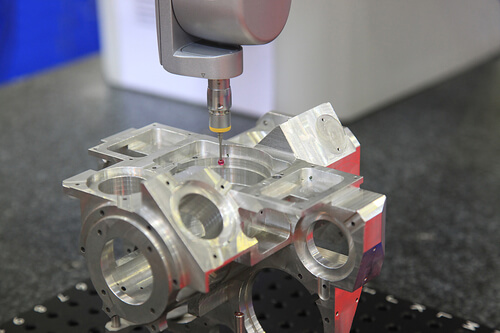A majority of companies in the process industries are looking to update its calibration systems and process. There are plenty of reasons why there’s a need of upgrading a calibration system. Updating the process basically implies work procedures and systems for managing, documenting and performing calibration of process instruments. There is an obvious reason behind any change, and most probably, it is the issues or challenges in the present way of doing things. Let us take a deeper insight into some of the common problems that may incite process changes.
Fast And Efficient Work
This is probably the most common reason why companies choose to upgrade their calibration systems. They want to achieve higher productivity from their technicians at a faster rate. Almost half of the companies state this reason when asked about implementing changes in their process. Productivity and economic efficiency is therefore the key reason behind making changes in the system.
Compliance With Regulations
Ensuring compliance with quality and regulatory requirements is another key reason to make changes in the system. In comparison to calculating time-saving of a calibration engineer between new calibration processes and the existing one, it might be more difficult to estimate the return on investment of compliance. However, the price you pay for non-compliance may be much higher. It could even mean shutting down a manufacturing site for good. We are quite aware of what sort of economic and financial impact it will have on your business.
Boost Business Performance And Productivity
Improving plant production and business performance is the primary objective of any organization. Also, gaining productivity and economic efficiency is at the core of a process change,.However, today’s reasons exist on a broader scale. To boost high-level performance or boost plant, through smarter calibration. This in turn leads to maximum output and utilization of the resources.
Replacement Of Outdated System
Another common reason to go for a system upgrade is to replace the outdated system with a new one. Instead of just gaining compliance or economic improvements, most of the companies are literally enforced to update their systems based on technological risks and necessities, such as management of calibrations with software that is not maintained or supported anymore with latest releases.
Technological Requirements
Technology is another important factor that counts in implementing system changes. Given new technological requirements, companies decide to upgrade their processes, such as the use of smart instruments at a production site. Depending on your business, technological requirements may vary!
As stated, there’s an obvious reason behind every change, and it is in the form of challenge or problem that requires to be fixed at the earliest. The abovementioned reasons for making a calibration process are related to technological, compliance and economical factors. You need to figure out the kind of issue you are facing, and whether you should make changes in your calibration systems. You would also like to have knowledge about the areas where companies most often need assistance when making a calibration process and system update.





